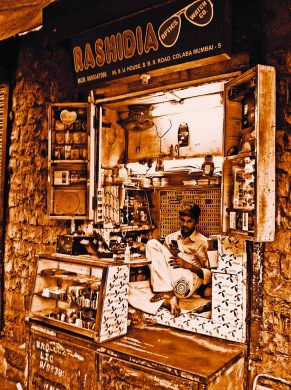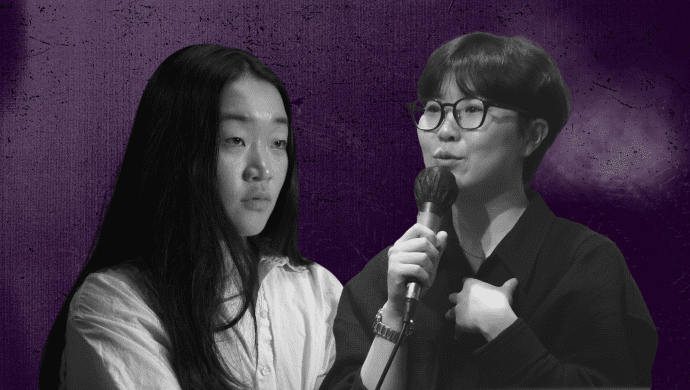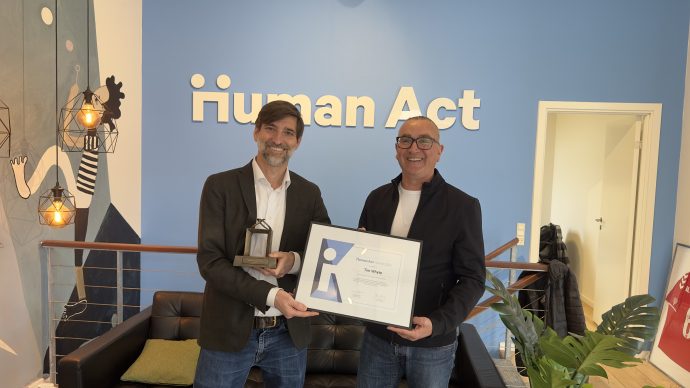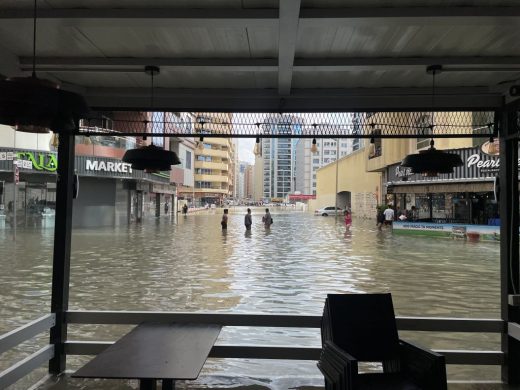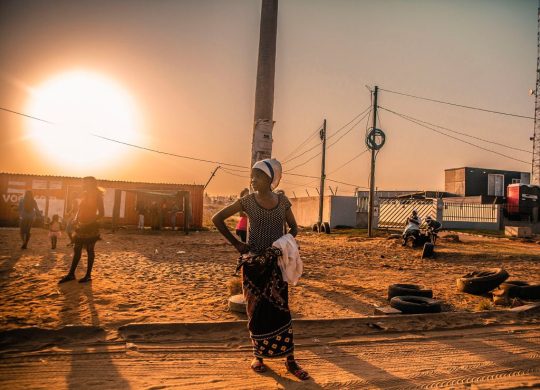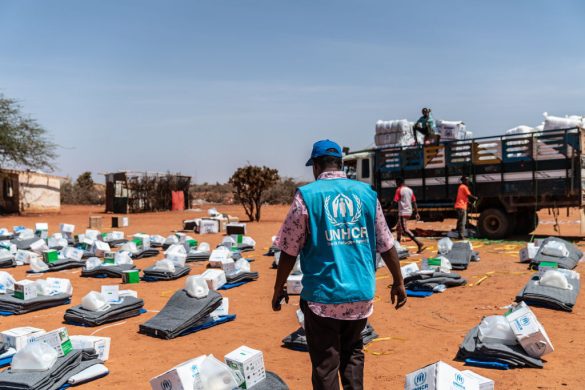After a spate of more than 20 mob lynchings driven by rumors spread on social media, the Indian government on July 20 threatened to punish WhatsApp for its inability to control fake news.
India’s Ministry of Information and Technology issued an official statement describing WhatsApp, which is owned by Facebook, as an “abettor” in these crimes.
Information and Technology Minister Ravi Shankar Prasad chided WhatsApp and told a news daily: “They cannot evade responsibly and accountability for the messages, particularly those which are leading to killings.”
This may be a first step towards the Indian government taking legal action against the Silicon Valley company. But would legal action against Facebook actually help put an end to the killings?
Many Indians say that party politics and political manipulation, when combined with a technology like WhatsApp, are the real source of the problem. Sufyan Sadiq summarized the dynamics on Facebook:
full-page advertisements in Indian newspapers offering readers ways to spot fake news. The platform has also placed new limits on forwarding of messages and introduced a label for messages that are forwarded, in an apparent effort to signal to users that a message may not have been written by its sender.
Some Indians appreciated the forwarding measure, while others think WhatsApp could do much more. But many are asking why the government hasn’t taken more responsibility for the lynchings, which represent a serious threat to public safety.
Læs hele artiklen og find en liste over de seneste lynchninger, der har kostet mindst 34 mennesker livet siden 2014, hos Global Voices

